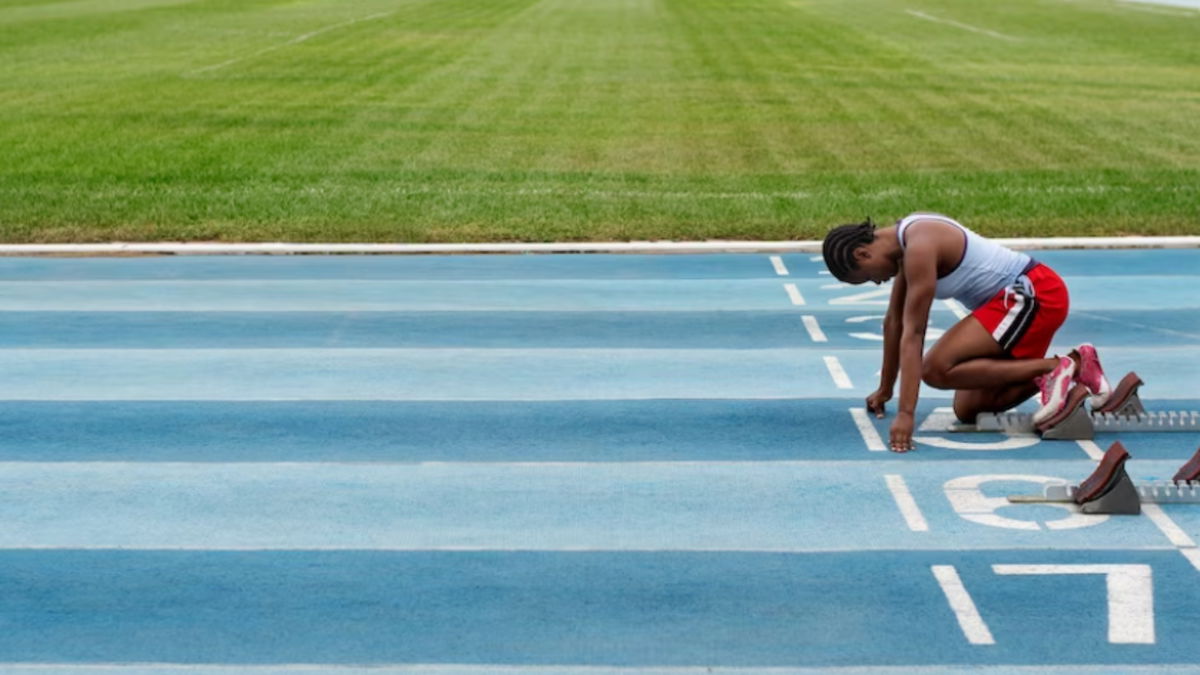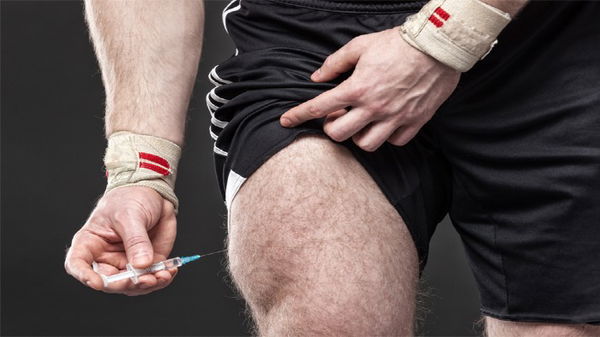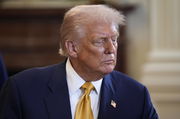

The Bahrain Athletics Association (BAA) has faced significant repercussions after being penalized for breaching the Anti-Doping rules established by World Athletics. This decision follows an 18-month investigation into BAA’s compliance with these stringent regulations. The issue came to light when it was discovered that several Bahraini athletes had undergone homologous blood transfusions, a clear violation of anti-doping protocols. Adding to the severity of the situation, the BAA was also found guilty of appointing a coach during 2019-2021 who had previously been banned for violating anti-doping rules.
Watch What’s Trending Now!
In response, the Athletics Integrity Unit (AIU) swiftly took up the case, launching a thorough investigation as soon as the discrepancies were identified. In December, the AIU sent a legal notice to the BAA, signaling the beginning of formal proceedings. Now, after months of scrutiny, the World Athletics Council has approved the recommendation to penalize the BAA. Charged with failing to properly vet their coaching staff and for negligence in adhering to anti-doping regulations, the sanctions imposed by World Athletics are a harsh but necessary measure. For the BAA, this decision serves as a stark reminder of the consequences of failing to uphold the integrity of the sport.
ADVERTISEMENT
World Athletics lays down correctional measures for the BAA
Along with the approval of the charges brought in by the AIU, there came a set of strict guidelines for the BAA. In the most unfortunate manner, athletes from BAA will be banned from participating in any World Athletics Series events for a year starting June 2024. Furthermore, BAA can only send a maximum of 10 athletes to the Paris Olympics and also to the World Athletics Championships in Tokyo 2025.
In addition to the above-mentioned guidelines, the BAA will also face a restriction regarding the recruitment of foreign athletes till 2027. The governing body is also advised to accumulate a fund of $7.3 million over the course of 4 years to ensure proper addressing and prevention of doping activities all across the country. According to the detailed guidelines laid down by the World Athletics Council, the BAA will be responsible for “implementing a detailed strategic plan and operational roadmap (SPOR) as agreed with the AIU to transform the federation and properly manage integrity matters.”
To add more insult to the injuries, the BAA will have to bear all the costs of the investigation carried by the AIU. However, amidst all the dark clouds, there is still a silver lining remaining for the BAA. According to AIU, the BAA has shown exceptional urge to correct their previous mistakes and has fully cooperated in the investigation process.
ADVERTISEMENT
Redemption or Ruin? Bahrain Athletics faces reckoning after doping scandal
The AIU’s findings, stemming from doping infractions by two Bahraini athletes during the Tokyo 2020 Olympic Games, have plunged Bahrain’s athletic community into turmoil, casting a long, dark shadow over the nation’s sporting reputation. These revelations have forced the Bahrain Athletics Association (BAA) to confront its past failures head-on. The BAA’s glaring oversight in failing to conduct due diligence when hiring athlete support personnel not only heightened the risk of doping but also further eroded the integrity of the sport. Despite these damning charges, the AIU has noted that BAA’s senior leadership was not directly complicit in the rule violations—a small silver lining in an otherwise bleak scenario.
ADVERTISEMENT

ADVERTISEMENT
David Howman, Chair of the AIU, offered a more nuanced perspective on the situation. Acknowledging the BAA’s genuine efforts to rectify its mistakes, Howman praised the association’s proactive measures, including the establishment of a new National Anti-Doping Organization (NADO) in Bahrain. This move, he suggested, could be the first crucial step toward restoring trust and ensuring a clean future for Bahraini athletics. “The BAA, to its great credit, has displayed genuine contrition about its past wrongdoings and commitment to change,” Howman stated, hinting at the possibility of redemption for the beleaguered federation.
Top Stories
PGA Tour Pro Loses His Cool After Being Denied Entry Into WM Phoenix Open Field

Cowboys’ Major QB Signing Confirmed Amid $31M Dak Prescott News

Patrick Cantlay & Scottie Scheffler Disapprove of Controversial Change Happening to PGA Tour Courses

Ohio High School Football Coach Dies at 90, After Serving Community for 32 Years

U.S. Senator Announces Bad News For NFL Fans After Donald Trump’s Ruling on ESPN’s Billion-Dollar Takeover

Fans Express Disbelief After ESPN Exposes ‘Free League Pass’ as Part of WNBA’s CBA Pitch

At the core of the AIU’s charges against the BAA lies a damning indictment: the association’s negligence and recklessness allowed doping to take root within its ranks, tarnishing the global reputation of World Athletics. In the aftermath of this scandal, the chairman of the BAA has vowed to mend the broken trust and restore the association’s honor. However, the road ahead is fraught with challenges, and the stakes have never been higher. As the BAA embarks on this difficult journey of reform, the question remains—can Bahraini athletics rise from the ashes of disgrace and forge a brighter, cleaner future in the sport?
ADVERTISEMENT
ADVERTISEMENT
ADVERTISEMENT